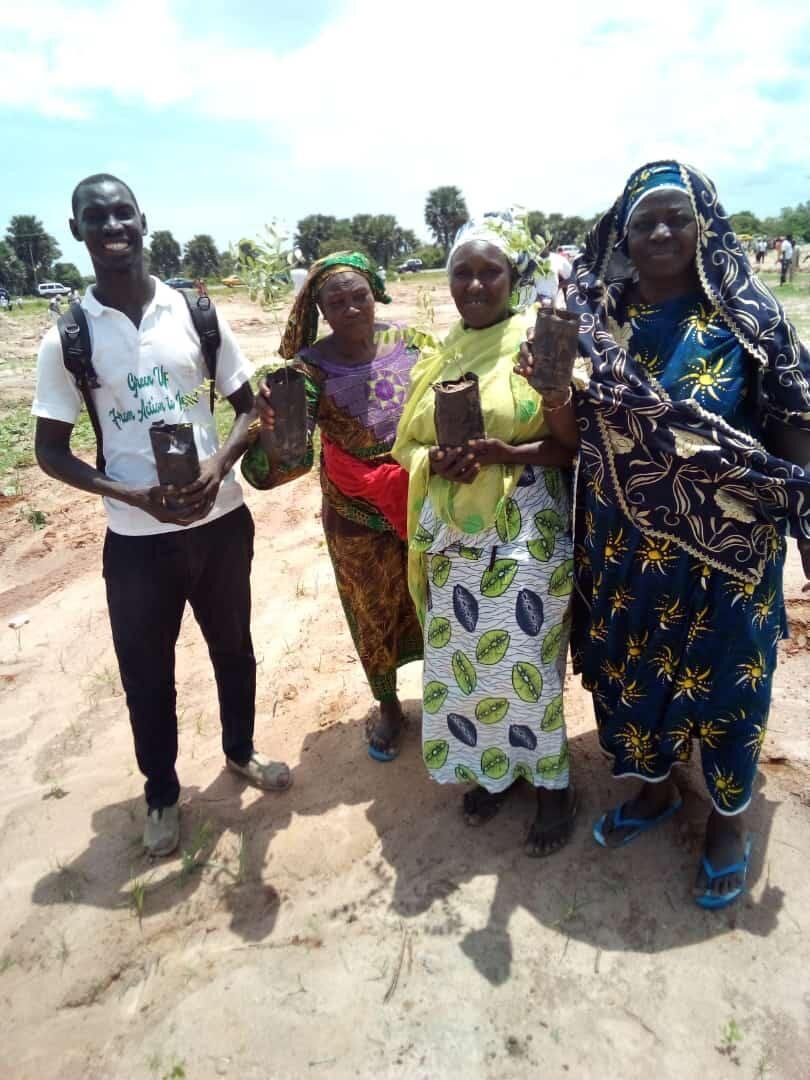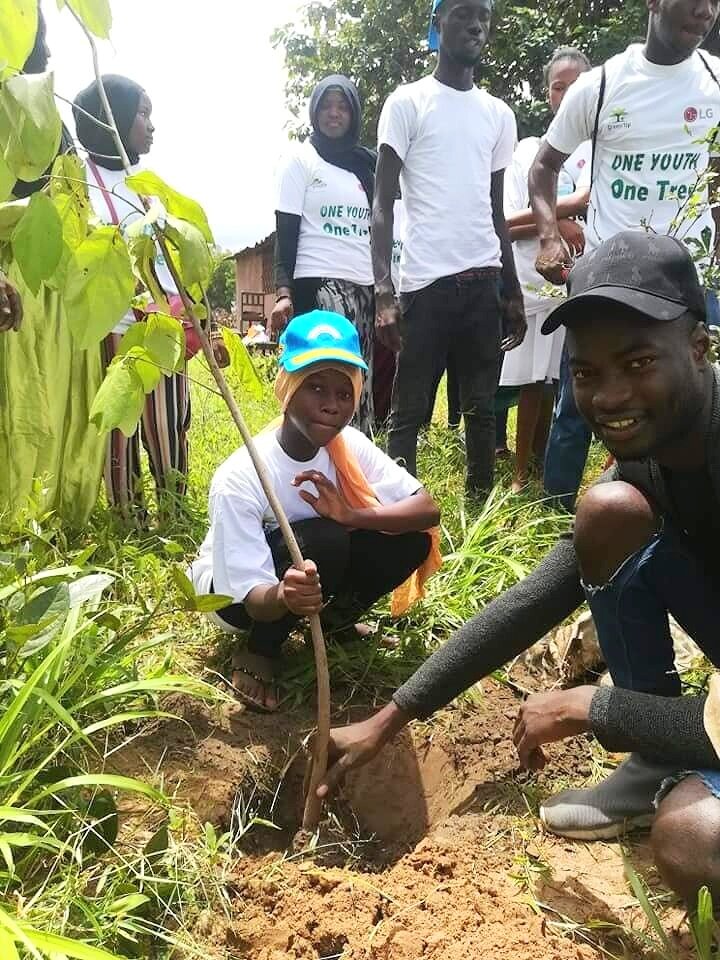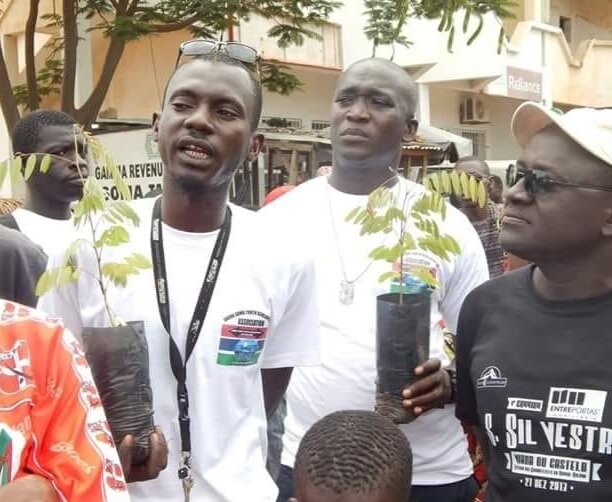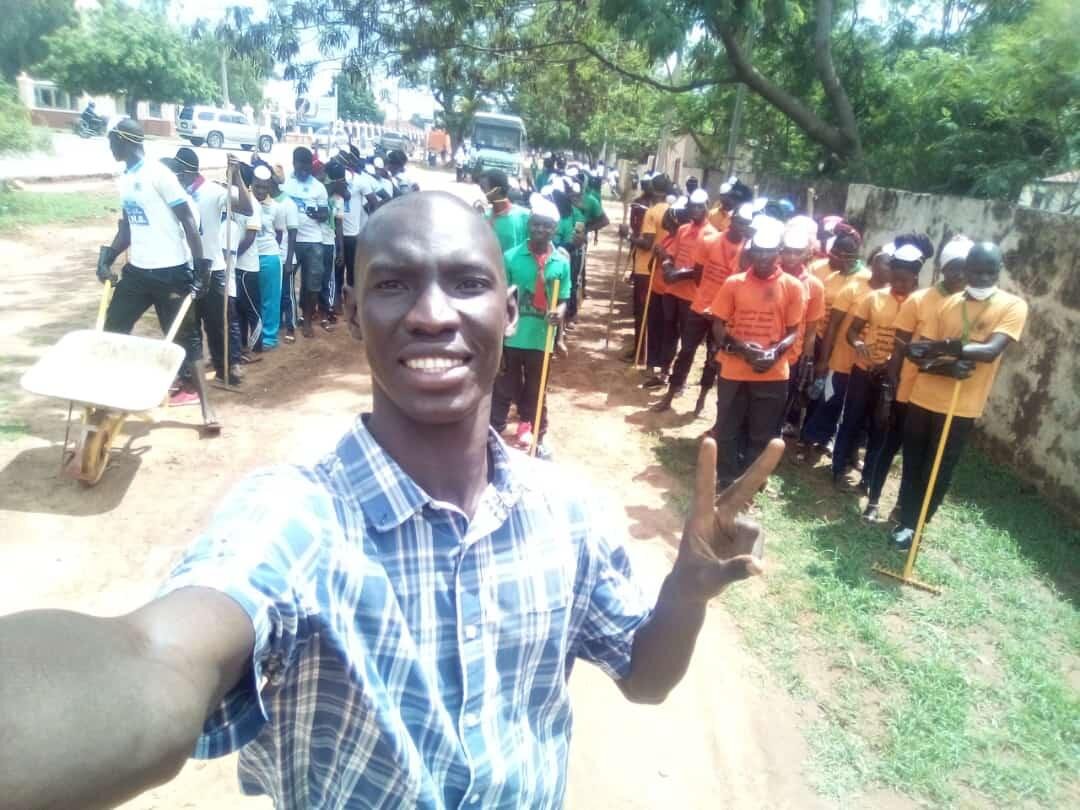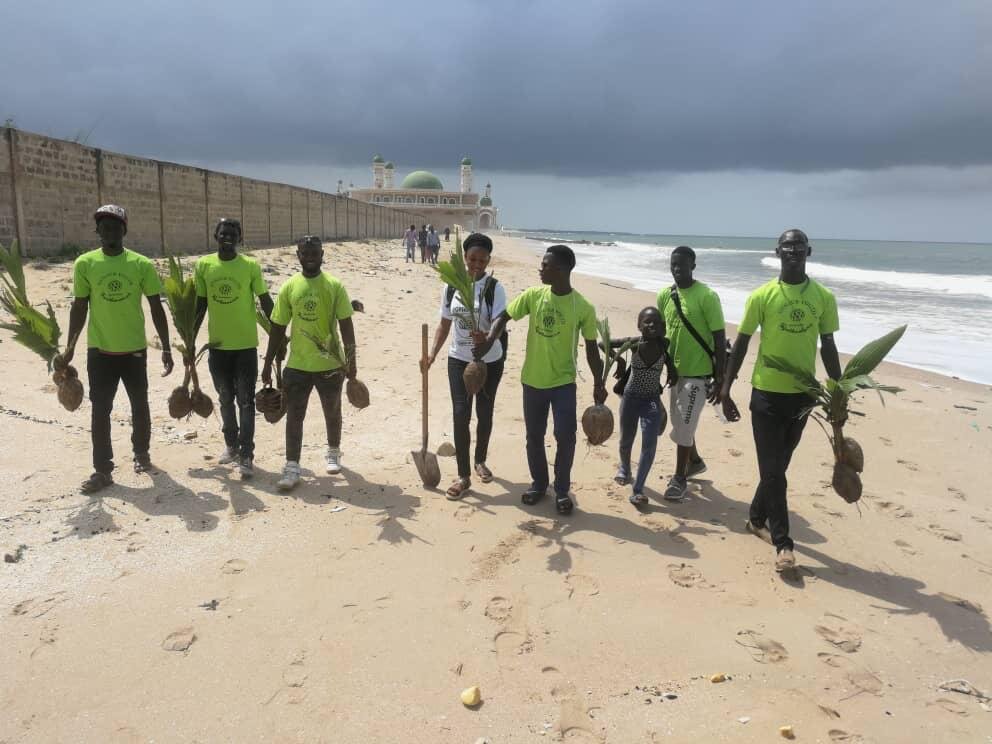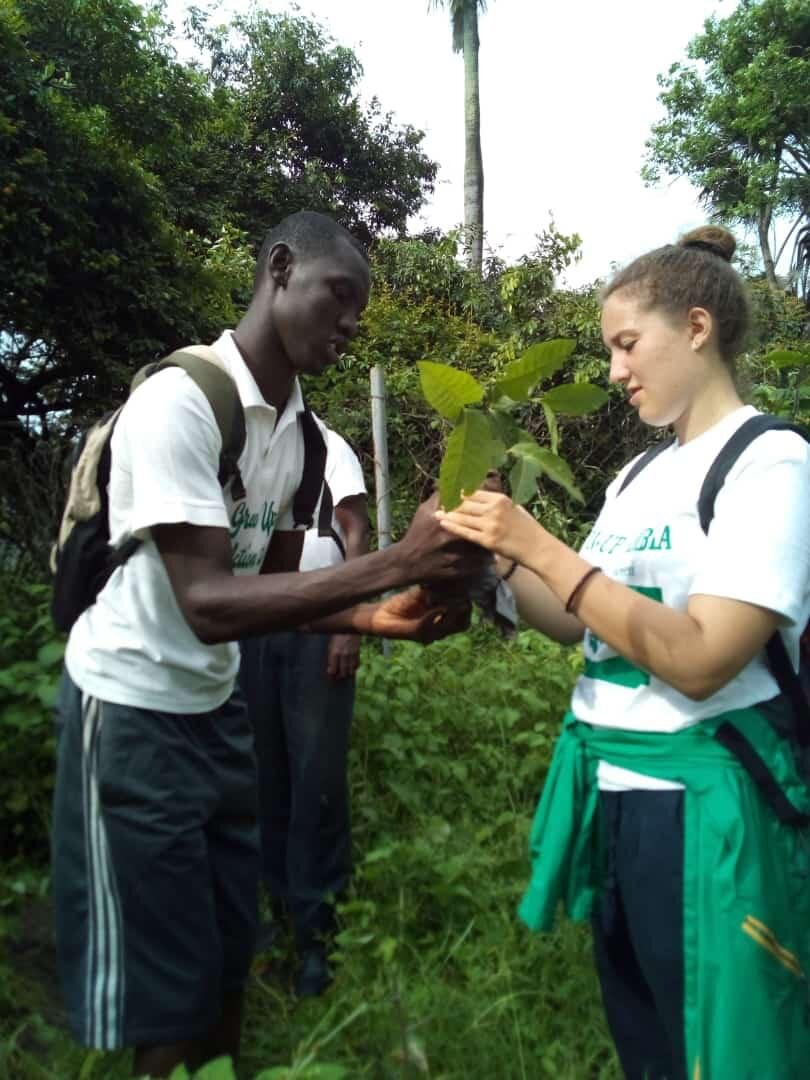Green Streets
The Green Streets Project will be implemented in West Coast Region Starting from West-Field Serrekunda to National Assembly building in Banjul and also in wards across banjul and KMC. The project being proposed aims to address desertification while halting and reversing the trend of the urban loss and related environmental degradation in the region, and also promoting tree planting.
Despite their potential as a food security, poverty alleviation, environmental conservation and sustainable livelihoods strategy, growing trees like ornamental trees are currently a relatively popular economic activity in the region especially along the traffic lights-Senegambia road.
How the project started:
Although trees and forests being a critical resource for people’s livelihoods, environmental conservation and national economic development, tree and forest resources have significantly diminished in recent years due to an increase in the number of people depending on them for survival as well as a lack of alternatives. The challenge is to support specific changes that will lead to a greater role for forests and tree resources in the livelihoods of the people. This project will assist in addressing some of these barriers.
Current status:
Among other activities, the project intends to sensitize communities to:
Facilitate access to improved seeds and seedlings including fruit tree seedlings
Promote the adoption of modern agriculture.
Organize workshops and other training activities (farm visits, study tours and dissemination of information and technical training materials) on appropriate sustainable practices.
The project will serve as a catalyst for the urban people to engage in other community development initiatives. It will also improve their social networks, and their overall well-being.
Looking ahead:
This project aims to contribute to addressing livelihood needs for income generation, fuelwood, timber, fruit, and fodder and other non-timber forest products while halting and reversal of the forest loss and related environmental degradation in The Gambia.
The project targets to plant at least 12,000 trees (including fruit trees as well as multi-purpose trees for firewood, poles and shade purposes)
Recommended actions:
To engage communities around the specified area in tree planting
To promote awareness among the learners of the value and importance of planting trees (including fruit tree and tree lots) for different purposes; how to raise and tend tree seedlings and ways of integrating trees into green spaces through the production and dissemination of public awareness materials.
To enhance capacity of surrounding communities to apply appropriate sustainable practices (including: composting, soil and water conservation, integrated pest management, environmentally sustainable application of agrochemicals, etc) through awareness and training workshops, information dissemination and extension services.
To beautify the streets so as to inspire the culture of tree planting.
To mobilize and assist the project beneficiaries to organize themselves to manage and sustain the activities initiated under the project.


